Learn how FAU researchers are battling cancer at free town hall Wednesday
Like so many medical science researchers, Florida Atlantic University chemistry and biochemistry professor Dr. Gregg Fields has a personal connection to the disease he has dedicated his life to studying.
“All four of my grandparents died of cancer,” says Fields. “Both of my parents were cancer survivors (and my 93-year-old dad is still with us!) and my sister is a breast cancer survivor. So far, my brother and I are the only ones who have been spared.”
More from Dorfman: New book explores the lifelong effects of struggling with a stutter
More: Restaurant news: Enjoy these pink-for-a-cause bites, dining deals for Breast Cancer Awareness
More on cancer: What you can learn from Jared Kushner's journey with thyroid cancer
Fields, the executive director of the Institute for Human Health & Disease Intervention and co-director of the Memorial Cancer Institute at Florida Atlantic University, a Florida Department of Health Cancer Center of Excellence, will be one of five FAU researchers presenting their latest cancer findings at 3 p.m. Wednesday at a free, interactive, 90-minute town hall presented by the Osher Lifelong Learning Institute in the Friedberg Auditorium on the FAU campus in Boca Raton. The event is called Discoveries, Treatments and Strategies: How FAU Is Accelerating the Drive Against Cancer.
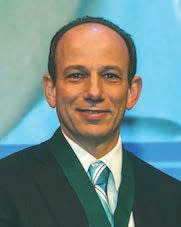
Advances in treatment
During his presentation — “Perspectives on New Cancer Treatments” — Fields will discuss what he believes are the most transformative aspects of current cancer-treatment protocols.
“Traditionally, we had the three ‘pillars’ of treatment for cancer: surgery, chemotherapy and radiation,” he says. “But in the past decade or so, we’ve made tremendous progress with immunotherapy to treat certain cancers.”
Fields explains that researchers were long confounded as to why the body’s immune system didn’t do more to attack cancerous cells.
It turned out that the body’s most powerful immune cells (T-cells) didn’t recognize the cancerous cells as “foreign” — and thus the immune cells’ checkpoint signal (whose function is to keep the autoimmune system from attacking itself) told them to keep moving and looking for other foreign cells to attack.
T-cells roam the body looking for foreign cells by using proteins called receptors on their surfaces to exchange signals with other cells. During this exchange, called a “checkpoint,” if a T-cell determines a cell is normal or healthy, it moves on to check other cells. Because cancer cells are the body's own mutated cells, the immune system does not always recognize them as foreign.
What’s more “cancer cells may also send deceptive signals at checkpoints that tell T-cells they are not harmful,” explains Fields.
But now oncologists have a new weapon to fight this phenomenon: immunotherapy drugs called “checkpoint inhibitors.”
According to the Cancer Research Institute, “checkpoint inhibitors work by blocking immune checkpoints — the ‘brakes’ of the immune system — that tumors frequently manipulate in order to shut down immune responses and protect themselves. As a result, checkpoint inhibitors are able to unleash new immune responses against cancer as well as enhance existing responses to promote elimination of cancer cells.”
These medications do have side effects that can range from mild to moderate and even severe — but Fields notes that “for the right patients with certain kinds of cancers — most notably melanoma, blood cancers and certain lung cancers — checkpoint inhibitors have shown tremendous promise as an effective treatment option.”
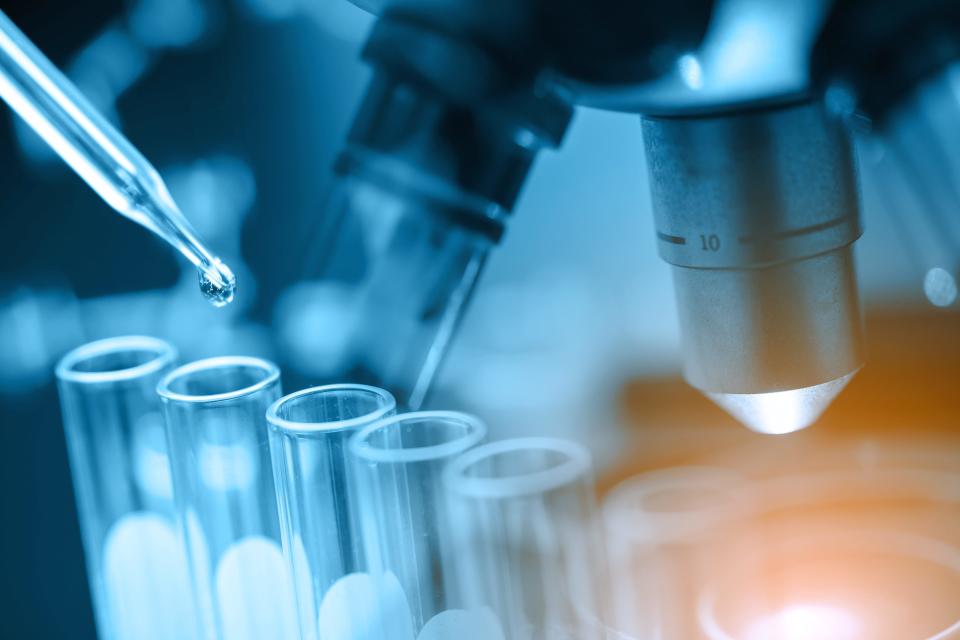
Biggest treatment challenges
Fields says there are three forms of cancer — lung, pancreatic and glioblastoma (brain cancer) — that, for different reasons, present the biggest challenges to researchers and doctors.
“With lung cancer, there are so many subtypes that finding the right treatment protocol can be extremely difficult,” he explains.
Next, pancreatic cancer he says “is rarely detected in its early stages because we don’t have good detection methods yet.”
In addition, because of the organ’s location tucked in behind other organs, the disease often spreads to those surrounding organs before a patient starts experiencing symptoms.
Finally, glioblastoma is among the most fatal of cancers. It has, says the Glioblastoma Foundation, an average “12-to-15-month survival rate” with treatment and “only four months without.”
Fields says the reason for the dismal survival rates of glioblastoma is “in the challenge of developing and then delivering drugs directly to the brain.”
Other research presentations
Attendees on Wednesday will also hear from the following FAU researchers:
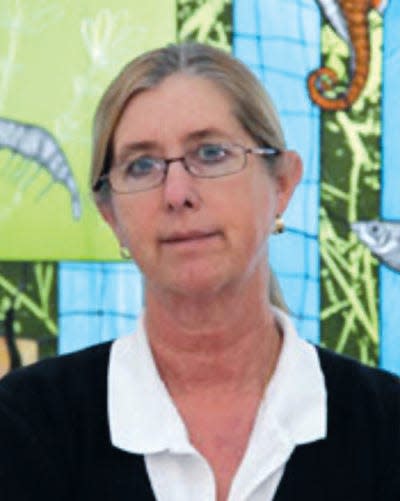
Amy Wright is a research professor of marine biomedical and biotechnology with the Harbor Branch Oceanographic Institute of Florida Atlantic University. During her presentation, she’ll talk about how “natural products are small organic molecules made by many plants, animals and microbes that help them compete and survive. They might be toxic and allow the organism to defend itself, but they may also have important roles in chemical communication, such as fragrances that attract bees to flowers. Almost half of the cancer chemotherapies used clinically today are based upon compounds found in nature, with most of those coming from land-based organisms.”
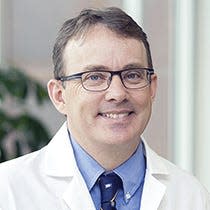
Patrick Grant is associate chair and associate professor of biomedical science at FAU. He studies the role of epigenetics in gene expression, genomic stability and cancer. “Resistance to chemotherapies and a lack of response to other interventions is a major challenge for cancer treatment and leads to a high rate of disease reoccurrence for certain cancers,” he says. “Existing therapies can fall short of offering an adequate solution to such drug resistance. I will give insights into our studies identifying new signals predictive of treatment resistance and cancer recurrence and discuss how nongenetic and environmental factors contribute to aggressive cancers.”
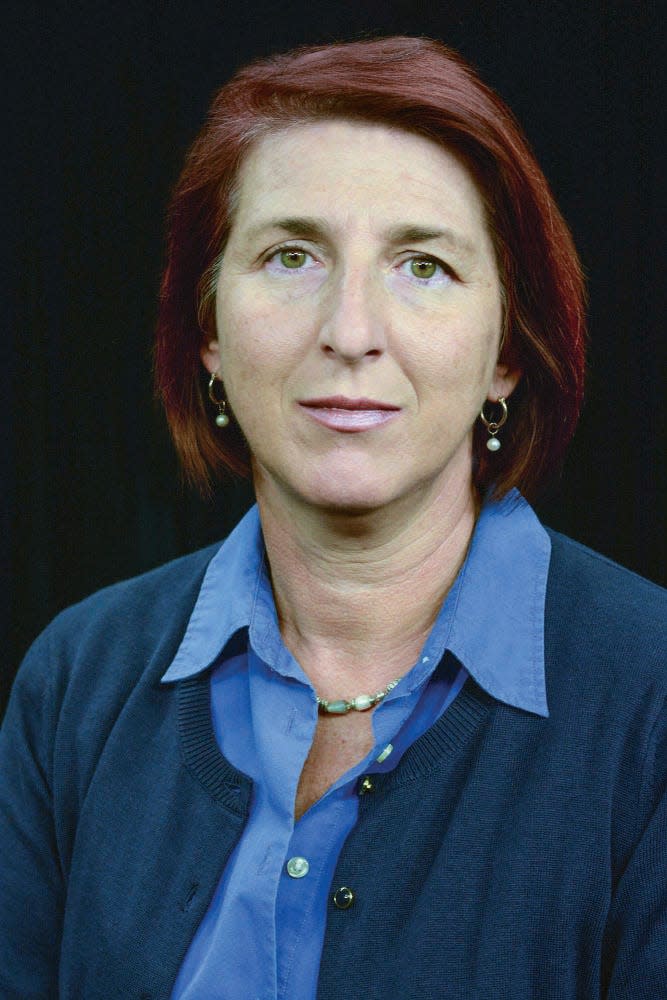
Mare Cudic is associate professor and director of the Honors in Chemistry program at FAU. “The development of targeted cancer treatments has improved the prognosis of cancer patients,” she said. “However, metastatic spread of cancer continues to be the greatest barrier to a cancer cure and the major cause of cancer-related death. Immune checkpoint therapy provided a novel and powerful weapon against metastatic cancers such as melanoma and lung cancer. And prophylactic, or preventive, cancer vaccines may provide another exciting approach that could make an impact.”
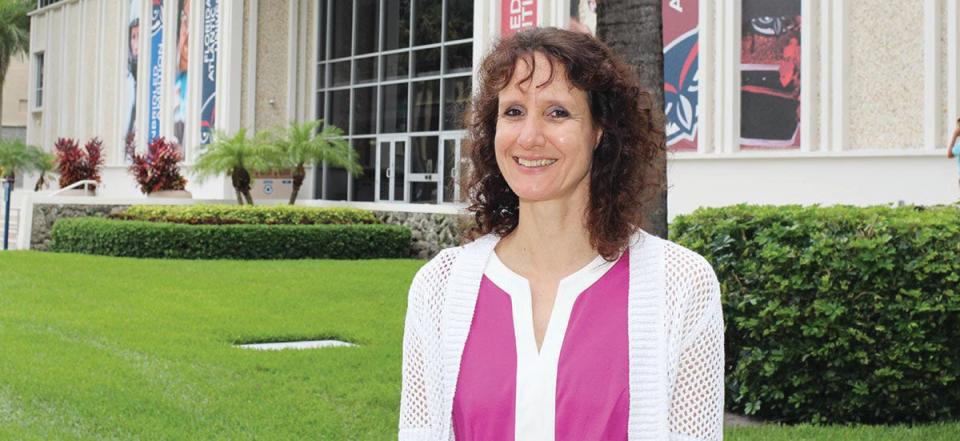
Karin Scarpinato is senior associate vice president for research at FAU and will be the event’s moderator. “Our researchers and their collaborators are pursuing a wide variety of novel approaches that aim at improvements in the prevention, diagnosis and treatment of cancer,” she says. “Our investigations of fundamental mechanisms and examinations of cancer-cell development, spread and elimination are supporting targeted therapy for every single cancer patient. We hope the whole community will attend so they can learn more about our research and what the future holds.”
If you go
What: Free interactive town hall entitled “Discoveries, Treatments and Strategies: How FAU Is Accelerating the Drive Against Cancer” featuring five Florida Atlantic University researchers
When: 3 p.m. Wednesday
Where: Friedberg Auditorium on the Florida Atlantic University campus (777 Glades Road, Boca Raton)
Contact: Advance registration is required. To register call FAU at 561-297-3185 or e-mail olliboca@fau.edu
This article originally appeared on Palm Beach Post: FAU town hall to highlight research advancements in cancer treatments

